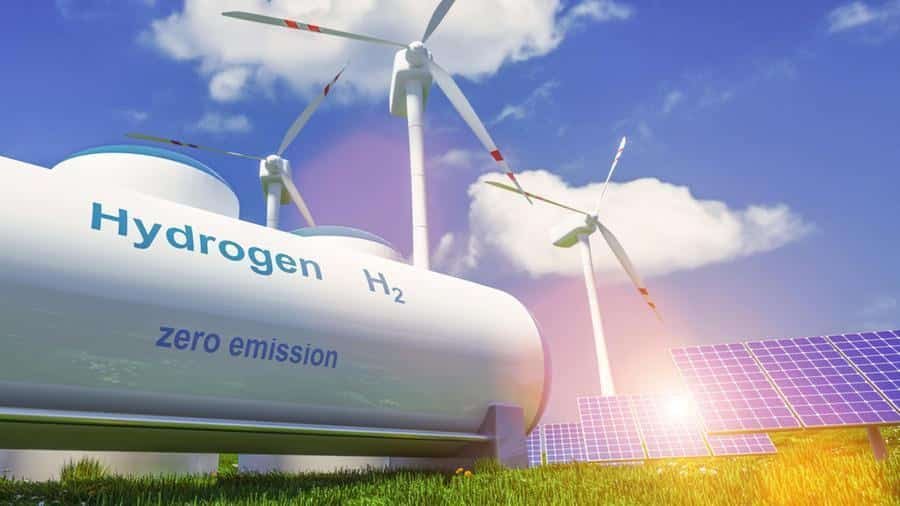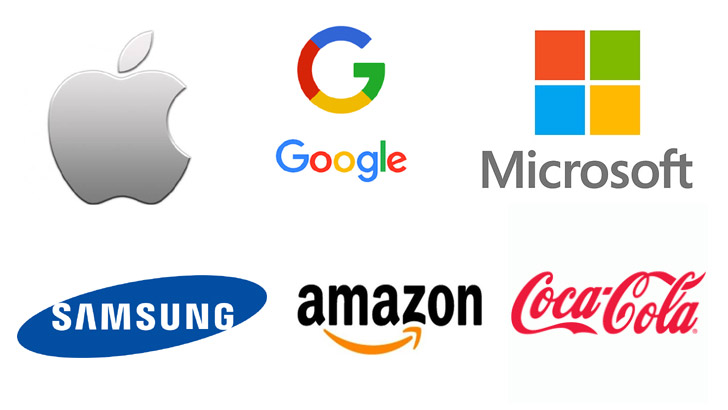A green revolution that the UK government believes would transform the region into a world-class low-carbon hydrogen center and help its goal of reaching net zero carbon emissions by 2050. And, to assist the UK in advancing its green goal, BP is expanding its portfolio of hydrogen projects targeted at producing low-carbon fuel for industry and transportation on our roads.
There are now 978 cleantech, greentech, or green energy enterprises among the 34k+ high-growth UK companies monitored on the Beauhurst platform. There are 89 academic spinouts (9% of these), which is three times the general rate of spinouts among ambitious firms in the UK (3%). Cleantech innovators in the United Kingdom are scattered across the country, but are particularly concentrated in London (247), the South East (134), and Scotland (109).
Growth in the hydrogen and fuel cell sectors will provide a plethora of new job possibilities in a wide range of industries, talents, duties, and wages. Many of Green Hydrogen Jobs do not currently exist, and their occupational titles are not established in official categories.
Hydrogen is a clean energy resource that can be used to create electricity, and it has the potential to play a significant role in the future of the UK green economy. In this article, we’ll look at 10 types of green hydrogen industry in the UK.
10 Types of Green Hydrogen Industry in UK
1. Tokamak
Tokamak Energy arose from the Culham Centre for Fusion Energy in Oxford. It is working to promote the development of renewable energy generation through fusion the combining of hydrogen atoms by employing devices that combine plasma in a magnetic field with superconductors.
Tokamak Energy has raised £123 million in equity funding across ten rounds, as well as at least £11.4 million in innovation awards. The green energy company’s £67 million fundraising in January 2020 would be used to speed its aim to develop a fusion reactor by 2030.
2. First Light Fusion
First Light Fusion is working on a novel technique to inertial confinement fusion (ICF) for energy generation. Unlike other renewable energy sources such as wind or solar, fusion can supply baseload electricity regardless of the weather.
First Light Fusion, which was spun out of the University of Oxford in 2011, has attracted £53 million in equity financing across seven rounds. It raised £18.7 million in December 2020 from Oxford Sciences Innovation, follow-on investor IP Group, and Australian fund Hostplus, for a pre-money valuation of £49.9 million.
3. Recycling Technologies
Recycling Technologies, which was spun out of the University of Warwick in 2012, has created modular equipment that can transform mixed plastic trash into feedstock for fresh plastic manufacture. By deploying its chemical recycling equipment at current garbage facilities, the business hopes to establish a circular economy for plastic, reducing greenhouse gas emissions and ocean pollution.
Recycling Technologies has received at least £23.3 million in equity investment across 13 fundraising rounds, as well as more than £6 million in innovation awards. It raised £8.69 million in equity funding from Mirova and Finland-based firm Neste in March 2020, for a pre-money valuation of £33.7 million.
The UK green hydrogen industry is growing quickly and there are a variety of recycling technologies available to help reduce the environmental impact of hydrogen production. Hydrogen can be recycled using a variety of methods, including water splitting and thermal decomposition.
One recycling technology that is gaining attention is air separation. Air separation is a process where molecules of different gases are separated by air pressure. This process can be used to recycle different types of gases, including hydrogen. By separating the hydrogen from other gases, it can be recycled and reused without creating additional pollution.
4. Bramble Energy
Bramble Energy creates low-cost hydrogen fuel cells out of printed circuit board (PCB) components. In 2015, the firm was split out of UCL and Imperial College London with the goal of providing businesses with cost-effective and scalable renewable energy sources.
So far, it has attracted £5.89 million in equity funding across three rounds, as well as at least seven innovation awards. The renewable energy firm closed its most recent £5 million deal in August 2020, at a pre-money valuation of £3 million.
Bramble Energy is a UK-based company that is working on green hydrogen technology. The company has developed a new technology that uses sunlight to split water into hydrogen and oxygen. This process is much more efficient than traditional methods, and it also produces less emissions. Bramble Energy plans to commercialize its technology in the near future.
5. Carbon Clean Solutions
Carbon Clean Solutions creates carbon separation and CO2 capture equipment for the industrial and gas industries. The company’s modular design power plants aim to assist large-scale emitters in becoming carbon neutral and leveraging the rising value of captured carbon.
The first of these raised £12.4 million in February, and its most recent £17.6 million in July with participation from many funds, including follow-on investors Chevron Technology Ventures, and WAVE Equity Partners.
There are a variety of green hydrogen industry in the UK. One example is Carbon Clean Solutions, which produces hydrogen using renewable energy. The company also sells carbon credits to help reduce greenhouse gas emissions.
6. Moixa
Moixa offers a variety of energy storage systems for household and commercial usage, including AI energy-management software and smart batteries that optimize solar energy and may be added to existing solar panels. The funding will help Moixa continue its worldwide development in Japan, Europe, and the United States, as well as its cooperation with Honda to provide smart EV charging software.
Green hydrogen is a key component of the future of the automotive industry. It’s an environmentally friendly fuel, and it can help reduce reliance on oil. There are a number of different types of green hydrogen industry in the UK, and each has its own benefits.
Moixa has raised £23 million in equity investment over the previous ten years in ten rounds, as well as at least 19 innovation grants totaling £4.94 million.
Also Read:
Why Do Gamers Prefer cat8 Ethernet Cable For Gaming?
7. Save Money Cut Carbon
Save Money Cut Carbon, which was founded in 2012, positions itself as a one-stop shop for businesses and people looking to cut their energy and water use. It provides energy consumption monitoring and guidance, sustainability consulting services, company energy-saving project installation, and a comprehensive choice of eco-friendly items for commerce and the home.
The first step to saving money and cutting carbon in your green hydrogen industry is to understand what types of green hydrogen are available. Hydrogen is a clean fuel with the potential to reduce emissions from transportation, while meeting consumer needs for a convenient and affordable fuel.
The sustainable energy startup has raised £8 million in equity funding across nine rounds. It made its most recent investment in May 2020, at a pre-money valuation of £13.7 million.
8. Propelair
Propelair has designed a low-flush toilet system that can be put on existing drains, considerably decreasing commercial building water use. to far, the green energy firm has received six rounds of equity investment totaling £16.5 million, as well as over £1 million in innovation awards for its sustainability technology.
It attracted two rounds of funding in 2020, including a £1.22 million investment from Seedrs and the Government’s Future Fund in June. Propelair won a £3 million transaction in December 2020, headed by impact investment firm Earth Capital, with a pre-money valuation of £7.9 million.
This current investment will be used to support more product development as well as Propelair’s growth into water-stressed areas in the Middle East, Australia, Hong Kong, and Singapore.
9. Enertechnos
Enertechnos has created a new electrical transmission line that uses capacitance technology to reduce energy losses. The Capacitive Transfer System (CTS) can carry electrical energy more effectively from power plants to end users than standard power grids’ high-voltage lines.
It may also be used in other environmentally friendly initiatives such as wind farm repowering, EV adoption, and smart grids.
10. LAT Water
LAT Water develops and executes renewable energy desalination and wastewater treatment solutions. By the end of 2020, the firm had received £5.57 million in equity investment over two fundraising rounds, in addition to many innovation grants.
LAT Water received a £5 million investment from environmental investment fund Earthworm in April 2020, at a pre-money valuation of £12.4 million. The funds will be used to expand the renewable energy firm into worldwide markets, with units already installed and operational in the United Kingdom and China.
Also Read:
What Are Green Hydrogen and Its Importance sprunki horror Endless Fun Awaits!



